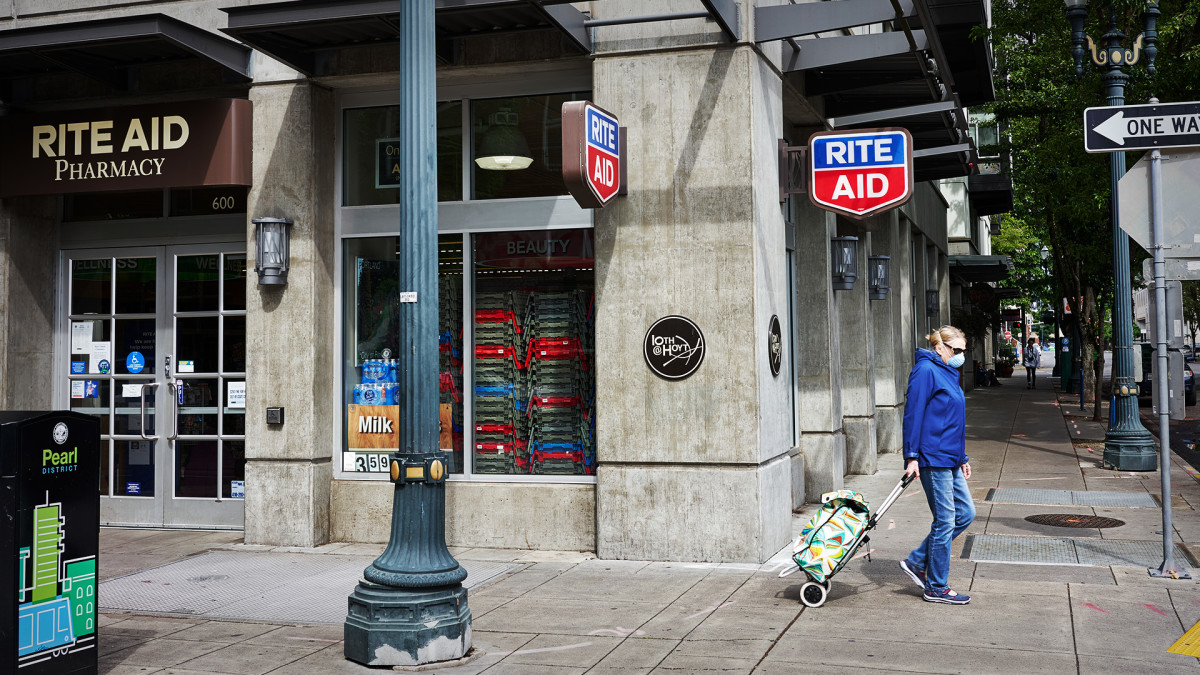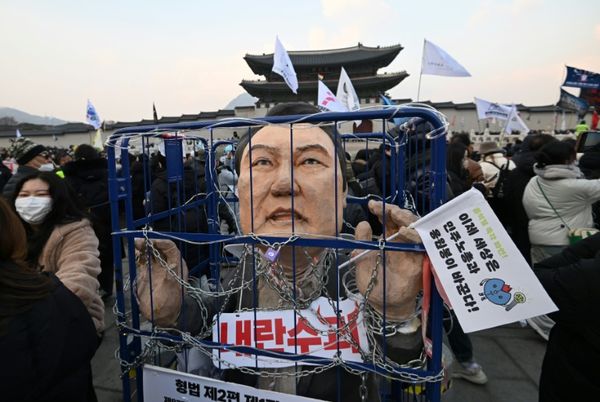
When a company fails, it often happens slowly but smart observers can see it coming.
That was the case with Bed Bath & Beyond where poor sales slowly turned into vendors being less willing to sell the company products without cash upfront. When that happens, it's almost impossible for a retailer to reverse the trend.
DON'T MISS: Bankruptcy: Beloved kitchen gadget retailer finds a buyer
Once vendors believe you won't be able to pay your bills, it makes your chances for a comeback much smaller. We've seen that happen with Sears and J.C. Penney (before it was bailed out by mall owners Simon Property Group and Brookfield Asset Management).
When vendors expect they may not get paid, they withhold deliveries and that guarantees that the company will never recover. You can't sell from empty shelves, and customers aren't dumb. When they see less and less merchandise for sale, they know what's happening.
At the end for Bed Bath & Beyond, the merchandise holes were obvious, and without a cash infusion, there was no way to fix the problem. Now, a struggling retailer that is expected to file for bankruptcy, Rite Aid (RAD) -) has also shared that it faces delisting from the New York Stock Exchange.

Image source: Shutterstock
Rite faces NYSE delisting
When a company faces financial hardship, raising cash covers a lot of problems. That was easy enough when interest rates were low, but it has become very challenging now.
A public company can also sell shares in order to raise more capital. That's not ideal as it dilutes existing shareholders, but it can work to keep a company afloat. AMC Entertainment (AMC) -), for example, took advantage of its weird meme-related share price surge to sell shares and raise much-needed money.
Rite Aid won't be able to do that as the company has warned that it face delisting from the NYSE. The company's share price has traded below an average share price of $1 for 30 days. That triggers what's known as a "cure period" where the company can take steps to regain compliance.
There's no guarantee that will happen — Rite Aid made that clear in its press release — and even if it does, the traditional method of regaining compliance won't help the company's financial position. Typically, a company will have a reverse stock split in order to raise its share price.
Rite Aid tries to offer reassurances
While this isn't good news, Rite Aid tried to make it clear that facing delisting does not change anything for the company.
"The current noncompliance with the NYSE listing standards does not affect the company’s ongoing business operations or its U.S. Securities and Exchange Commission reporting requirements, nor does it trigger any violation of its material debt or other obligations," Rite Aid shared.
That's sort of like a doctor telling someone that breaking both arms doesn't make their terminal cancer worse. It's maybe good news, but it does not really change anything.
Rite Aid has 10 days to tell the NYSE of its plan to come back into compliance and six months to take action (if it chooses to attempt to do so).
The struggling pharmacy company also shared that what it calls the "Ongoing Review," of its operations has not been changing by the NYSE delisting action.
"The company has been engaged in reviewing and continues to review strategic alternatives to recapitalize, refinance or otherwise optimize its capital structure (the 'Ongoing Review'), which may ultimately result in the company pursuing one or more significant corporate transactions or other remedial measure," the retailer added.
Rite Aid has not used the word "bankruptcy," but numerous media outlets, including the Wall Street Journal, have reported that a Chapter 11 filing was being considered.
Rite Aid has over $3.3 billion in debt and is expected to close hundreds of locations.







